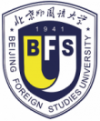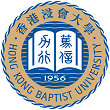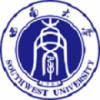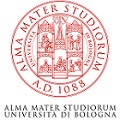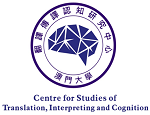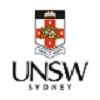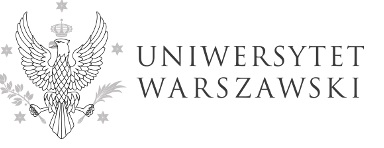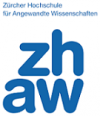Este trabajo presenta los primeros resultados de una investigación empírico-experi- mental sobre la Adquisición de la Competencia Traductora (ACT): la adquisición de conocimientos declarativos sobre la traducción. Este estudio se basa en nuestra inves- tigación anterior sobre Competencia Traductora (CT), si bien, algunos instrumentos de recogida de datos sobre CT se adaptaron para investigar la ACT. La información sobre el diseño de la investigación incluye tipo de estudio, universo y muestra, varia- bles de estudio, instrumentos para la recogida de datos y proceso de análisis de da- tos. Las variables dependientes son conocimientos de traducción, proyecto traductor, identificación y resolución de problemas de traducción, toma de decisiones, eficacia del proceso de traducción, y uso de recursos instrumentales.
Aquí se presentan los resultados de la primera variable analizada (“Conocimien- tos de traducción”). Se usó un cuestionario de 27 ítems para obtener datos sobre los conocimientos de los estudiantes en torno a: concepción de traducción y de la CT, unidad de traducción, tipo de problemas de traducción, etapas que intervienen al tra- ducir, métodos requeridos, procedimientos utilizados (estrategias y técnicas), función del encargo de traducción y del destinatario. Los indicadores de esta variable son: “Ín- dice de dinamismo” y “Coeficiente de coherencia”. Diferenciamos entre una concep- ción “dinámica” de la traducción (textual, interpretativa, comunicativa y funcional) y una concepción “estática” (lingüística y literal). El Índice de dinamismo nos permite determinar si los conocimientos implícitos de los sujetos sobre el funcionamiento de la traducción son más dinámicos o más estáticos, mientras que el Coeficiente de coherencia nos permite saber si la visión de los sujetos sobre diferentes aspectos de la traducción es coherente.
This paper presents the first results of empirical-experimental research into the Acqui- sition of Translation Competence (ATC): the acquisition of declarative knowledge about translation. This study is based on our previous research about Translation Competence (TC). Some of the data collection instruments have, however, been adap- ted for current use. Details of our research design include type of study, universe and sample population, study variables, data collection instruments, and data analysis processes. The dependent variables were knowledge of translation; translation pro- ject; identification and solution of translation problems; decision-making; efficacy of the translation process; and use of instrumental resources.
The results of the first variable analysed (“Knowledge of Translation”) will be presented. A questionnaire with 27 items was used to obtain data on translator train- ees’ knowledge of translation: their concept of translation and TC; translation units; types of translation problems; the different phases involved in the translation process; methods required; procedures used (strategies and techniques); and the role of the translation brief and the target reader. Indicators of this variable were ‘dynamic index’ and ‘coefficient of coherence’. We understand a ‘dynamic’ concept of translation to be textual, interpretative, communicative and functional; as opposed to a ‘static’ con- cept that may be defined as linguistic and literal. The dynamic index allows us to see whether a subject’s implicit knowledge about how translation works is more dynamic or more static, whereas the coherence coefficient allows us to see whether the subject’s vision of different aspects of translation is coherent.




